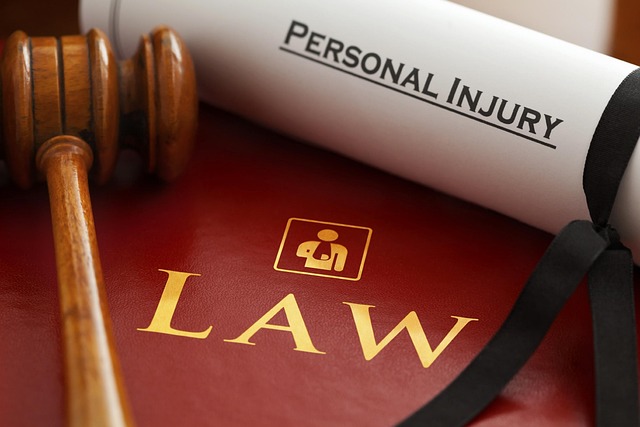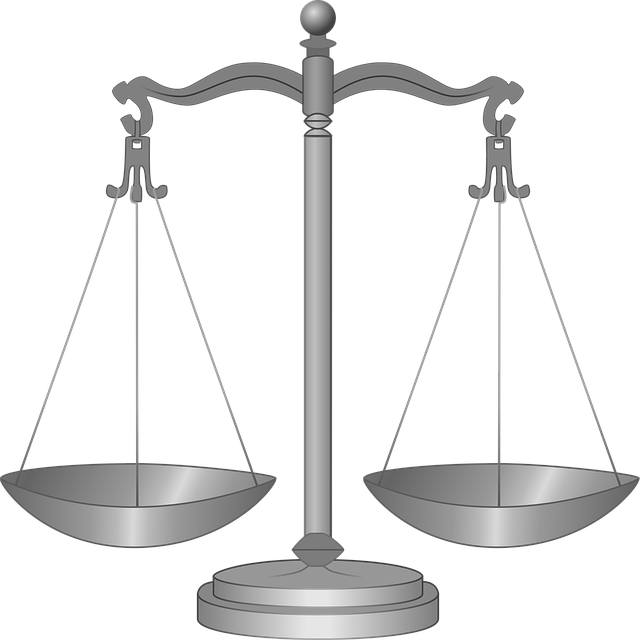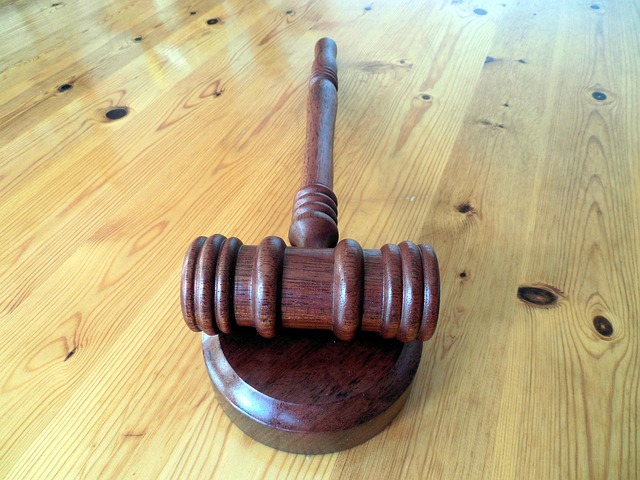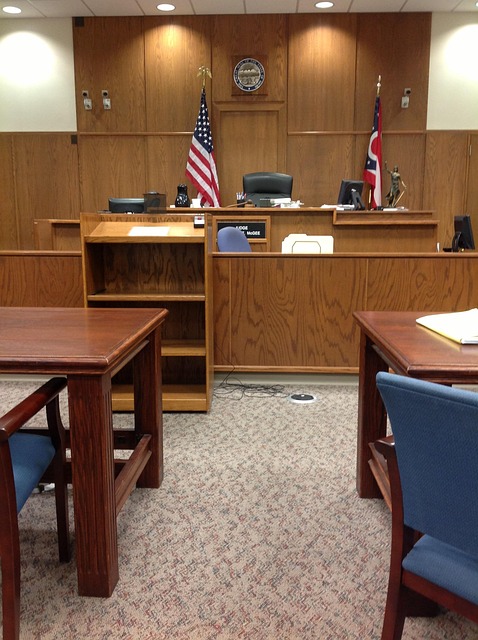A successful bike accident claim requires proving duty of care, breach, and causation. Gather robust evidence, consult a lawyer, and understand compensatory damages like medical expenses, lost wages, and pain and suffering. Commercial disputes may complicate compensation due to unique business interests.
In the event of a bike accident, understanding your rights and gathering solid evidence is crucial for a successful claim. This article guides cyclists through the legal landscape, focusing on what constitutes a strong case. From fulfilling legal requirements to collecting compelling evidence, we’ll explore strategies for building a robust bike accident claim. Additionally, we’ll delve into the types of damages and compensation available, ensuring you’re informed every step of the way.
- Legal Requirements for Bike Accident Claims
- Gathering Compelling Evidence to Support Your Case
- Understanding Damages and Compensation in Cycling Cases
Legal Requirements for Bike Accident Claims

In many jurisdictions, bike accidents are governed by specific legal requirements that aim to protect cyclists’ rights and ensure fair compensation for injuries sustained in such incidents. To succeed in a bike accident claim, the plaintiff must typically prove several key elements. First, they need to demonstrate that a duty of care was owed, which is usually established by law and applies to all drivers on the road. Second, they must show that this duty was breached, often through negligence or reckless driving, leading to the accident. Third, there must be a direct causal link between the breach of duty and the injuries incurred.
Additionally, cyclists should be aware of the legal distinction between bike accident claims and other personal injury cases, such as slip and fall compensation or caregiver negligence. While some principles may overlap, bicycle accidents often involve unique considerations due to the vulnerable nature of cyclists on the road. Understanding these legal requirements is crucial for anyone looking to pursue a bike accident claim, ensuring they have a strong case and are able to secure appropriate accident settlements.
Gathering Compelling Evidence to Support Your Case
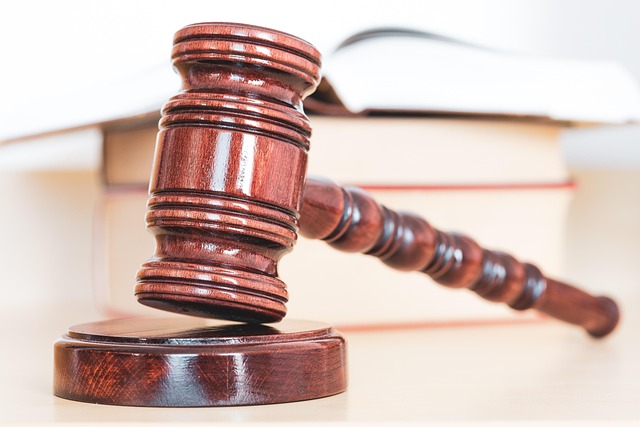
When pursuing a bike accident claim, gathering compelling evidence is paramount to strengthen your case and secure just compensation. Start by documenting every detail of the incident—from the date, time, and location to the sequence of events leading up to the collision. Take photos of the crash scene, including any visible injuries, damaged bicycle parts, and surrounding environmental factors that might have contributed to the accident.
Additionally, seek medical attention promptly and ensure you keep records of all treatments and diagnoses related to your injuries. Witness statements from bystanders or fellow cyclists can also be invaluable. Consider consulting a car crash lawyer or auto accident attorney who specializes in bike accidents to understand the legal requirements and gather expert evidence that might include police reports, security footage (if available), and expert opinions on negligence and liability. Remember, thorough documentation and professional guidance significantly enhance the strength of your bike accident claim.
Understanding Damages and Compensation in Cycling Cases

In bike accident claims, understanding damages and compensation is paramount. When pursuing a claim, individuals should be aware of various forms of compensatory damages they may be entitled to. These can include medical expenses, rehabilitation costs, lost wages, and even pain and suffering. The extent of these damages will depend on the specific circumstances of the accident and the nature and severity of the injuries incurred.
Moreover, it’s crucial to recognize that different types of cases may involve distinct compensation strategies. For instance, if a bike accident is due to defective products or negligence, individuals can pursue an injury claim seeking monetary redress for their losses. In contrast, in commercial disputes involving cycling accidents, compensation might be more complex, reflecting the specific business interests and liability frameworks at play.
When pursuing a successful bike accident claim, having strong evidence is key. By understanding legal requirements, gathering compelling evidence, and knowing your potential damages, you’re well-equipped to navigate the process. These steps ensure that your case is robust and increase your chances of receiving fair compensation for any injuries or losses sustained in a cycling incident.
